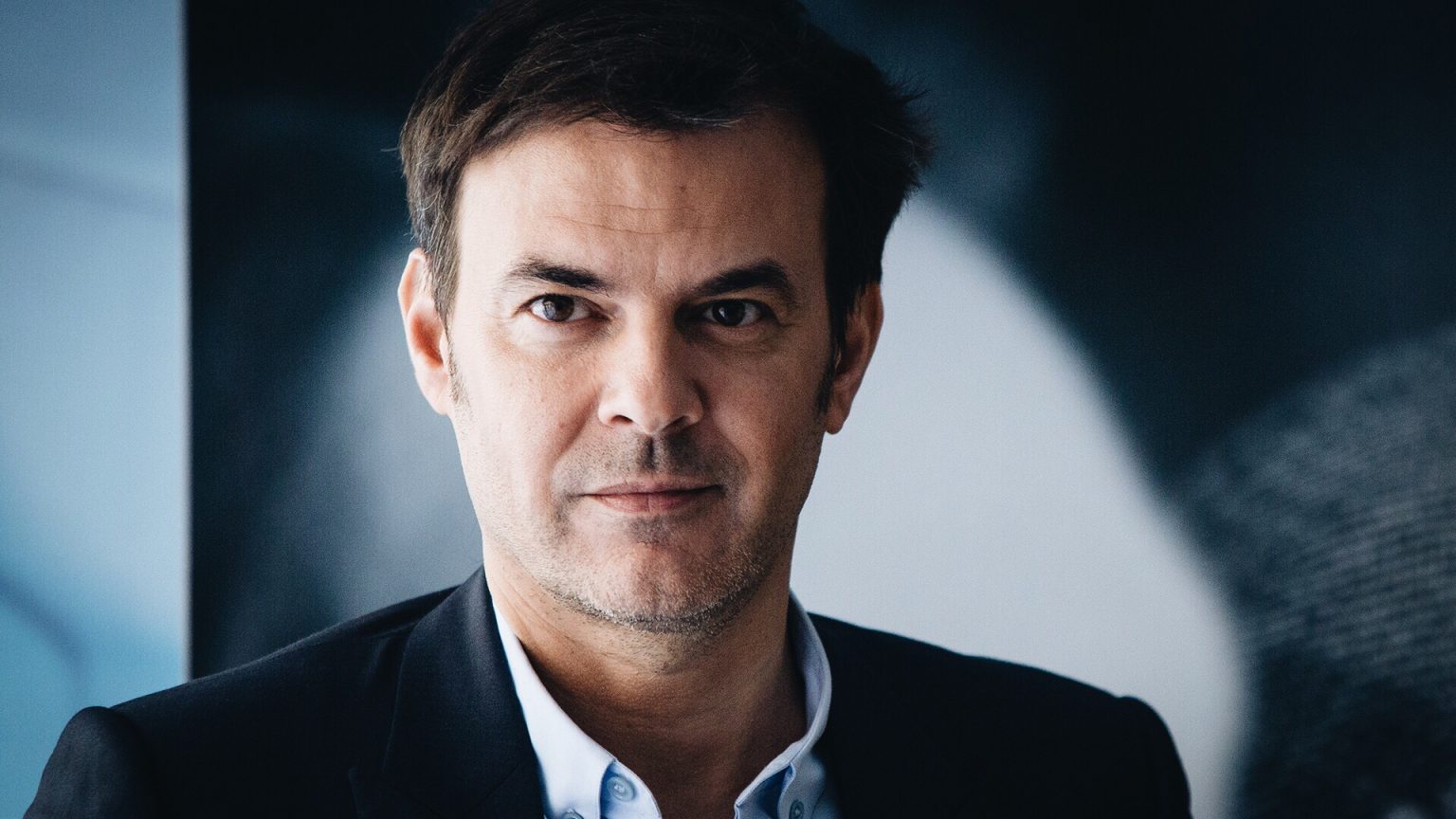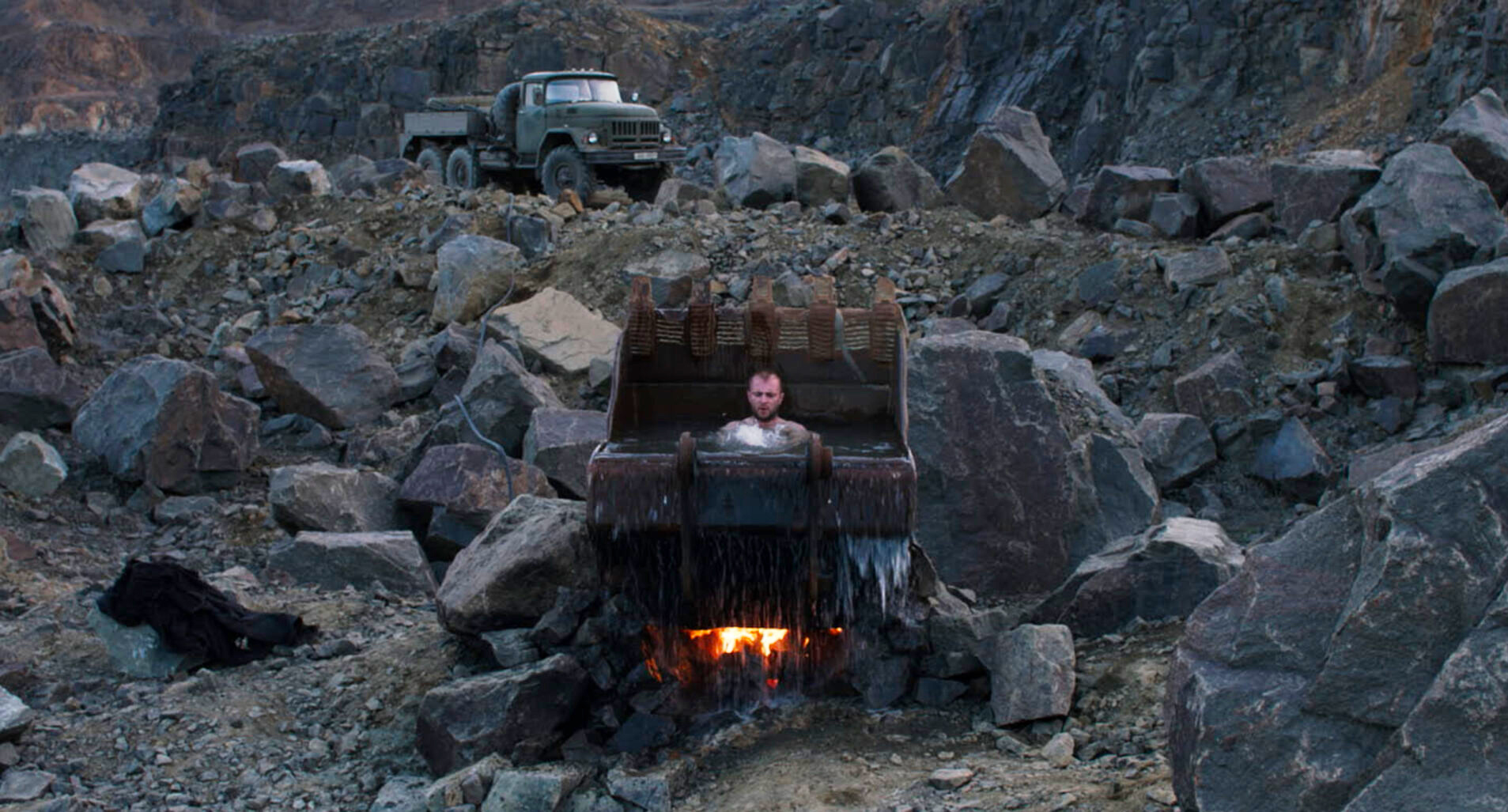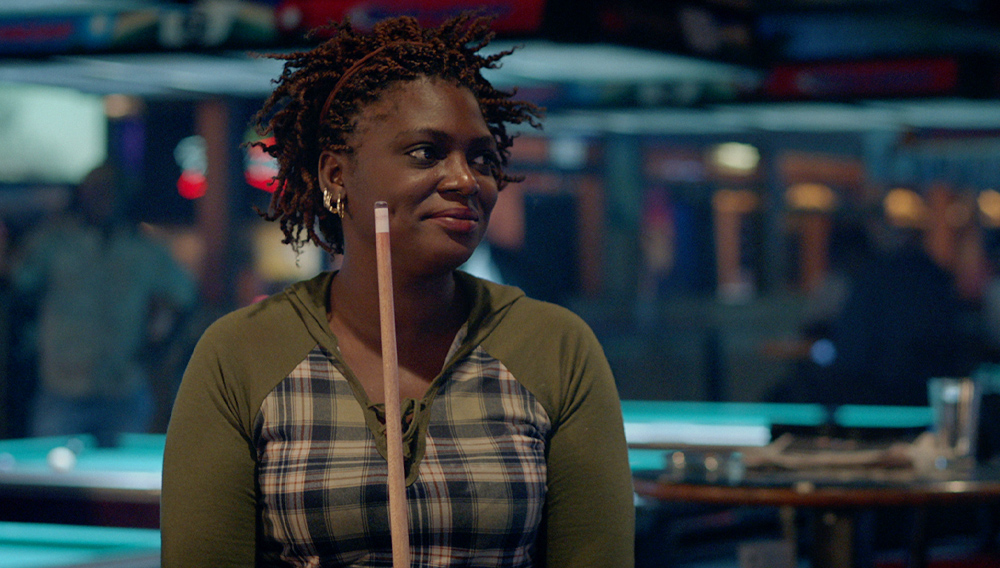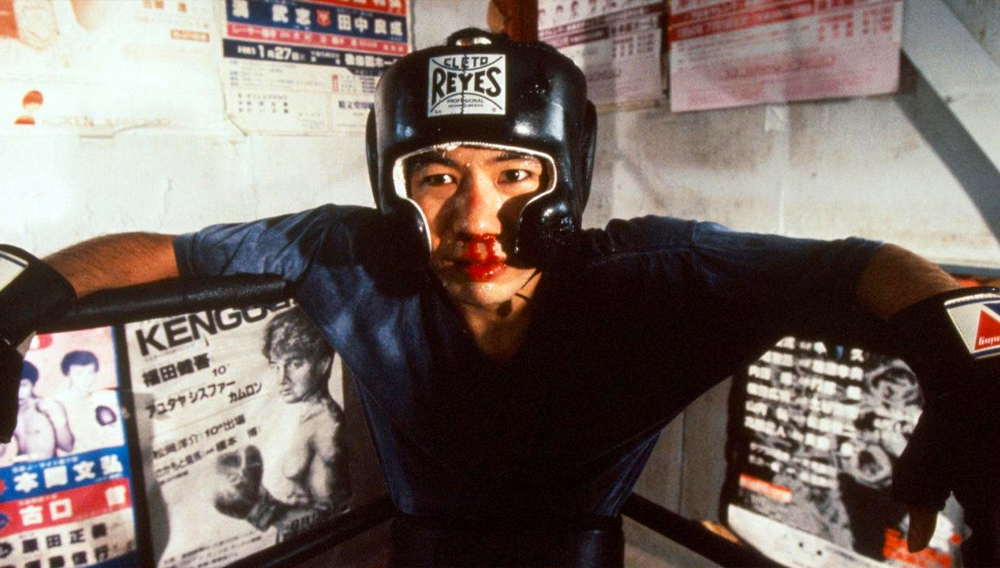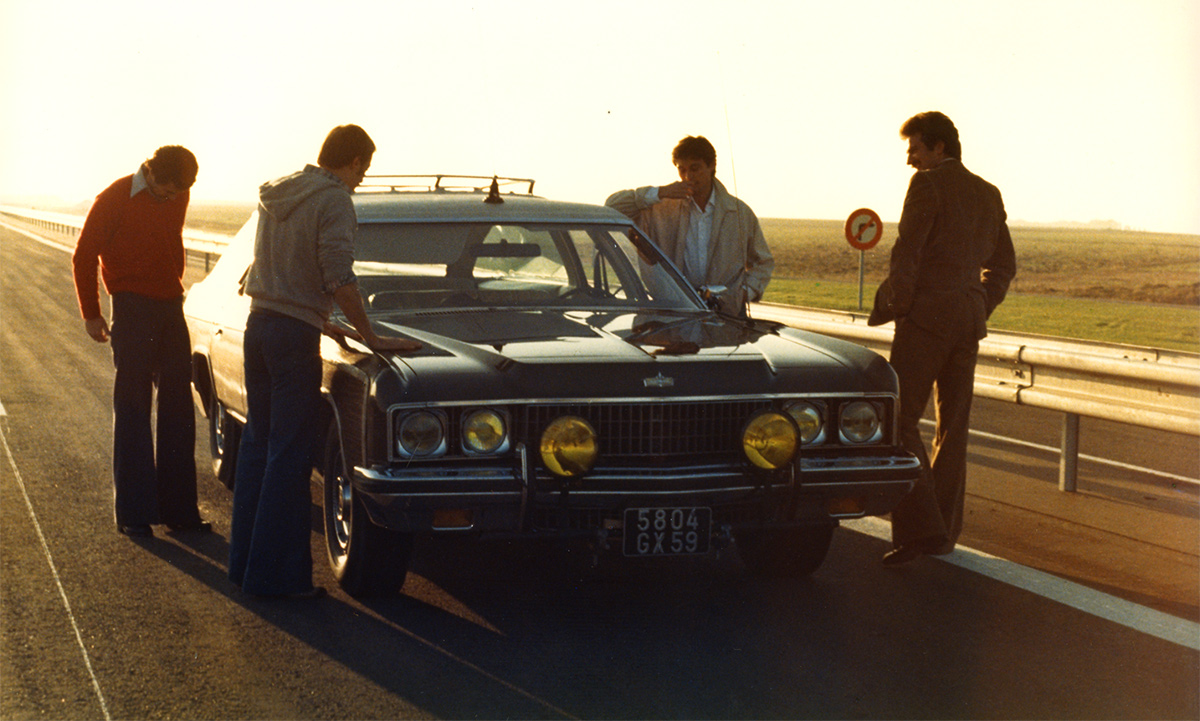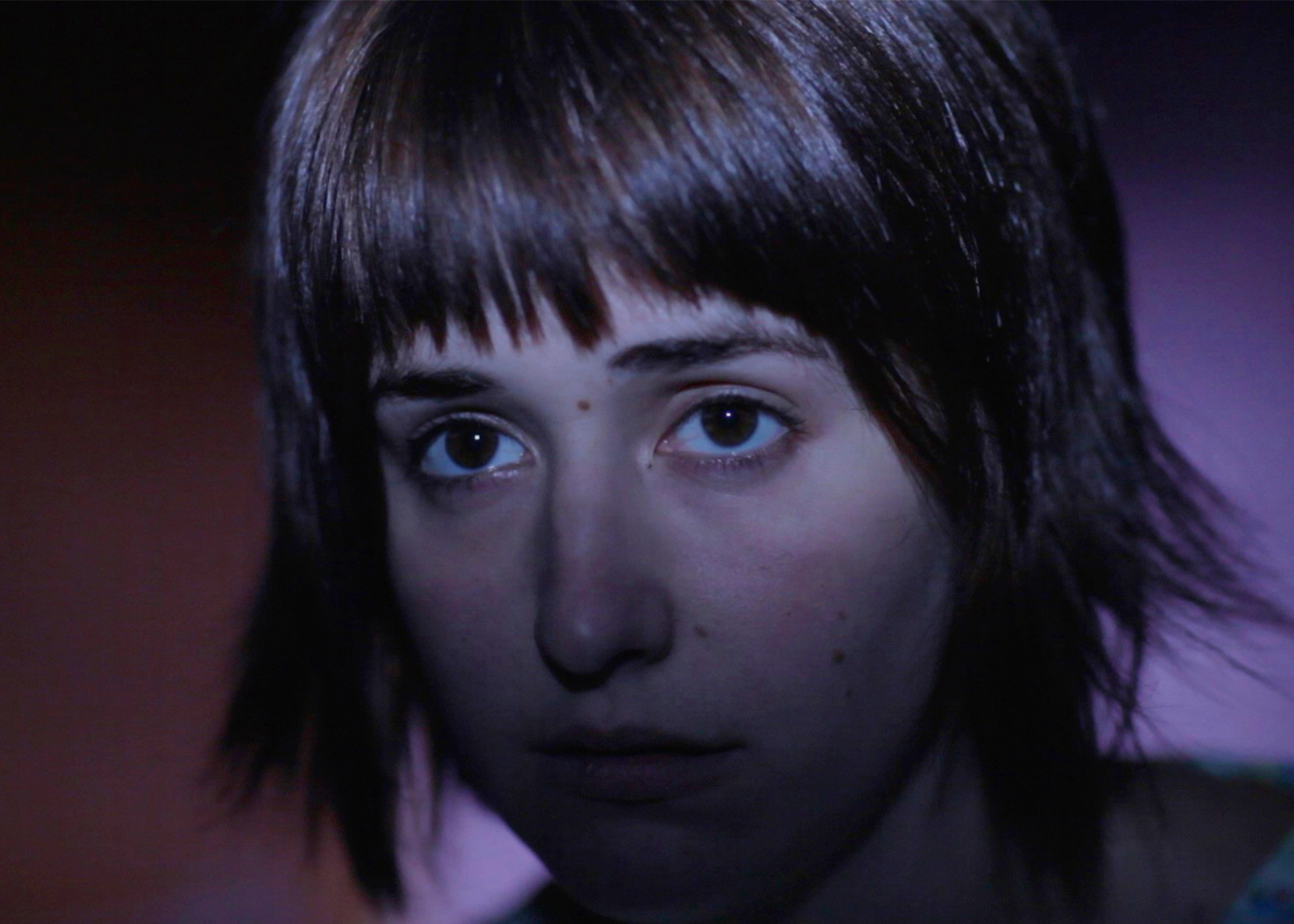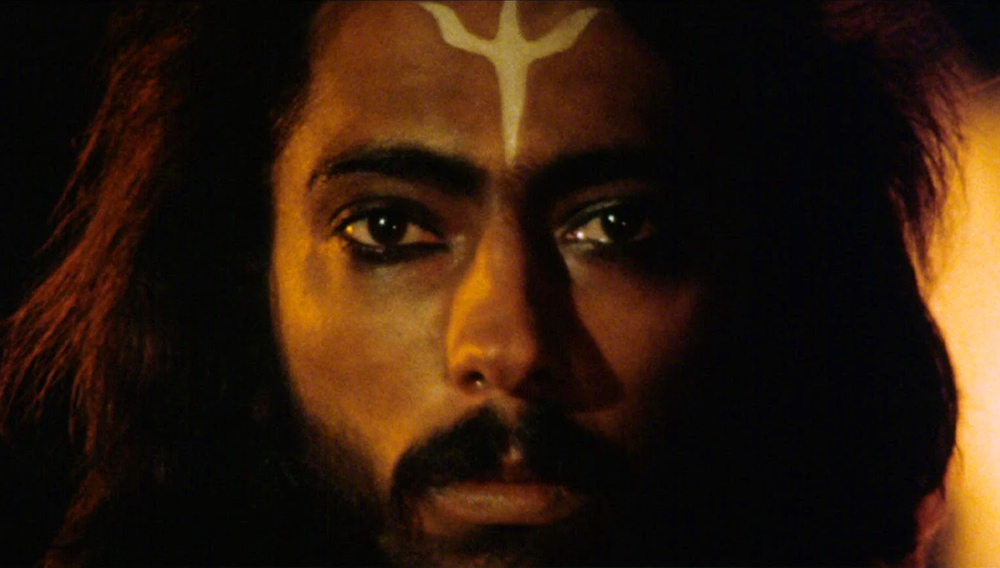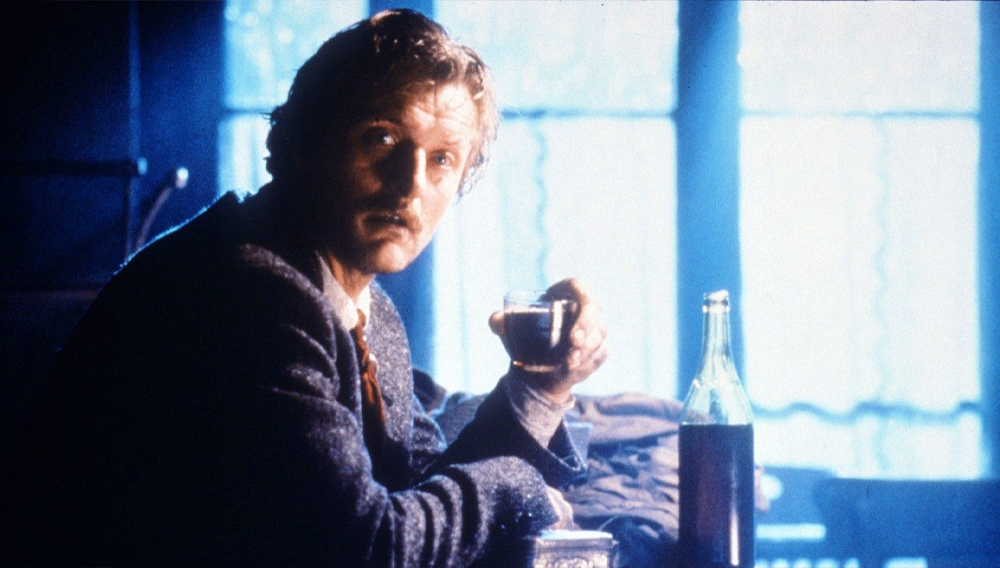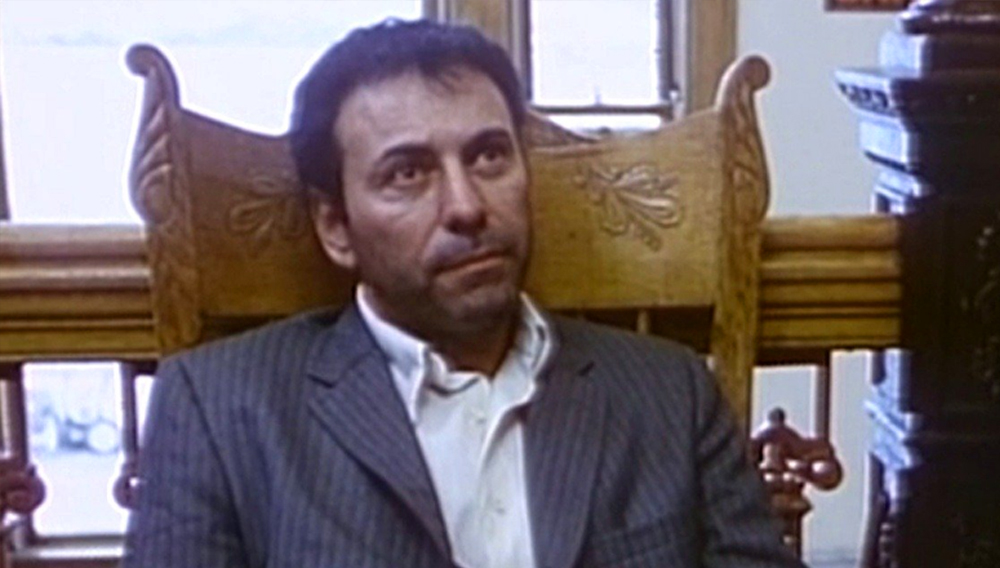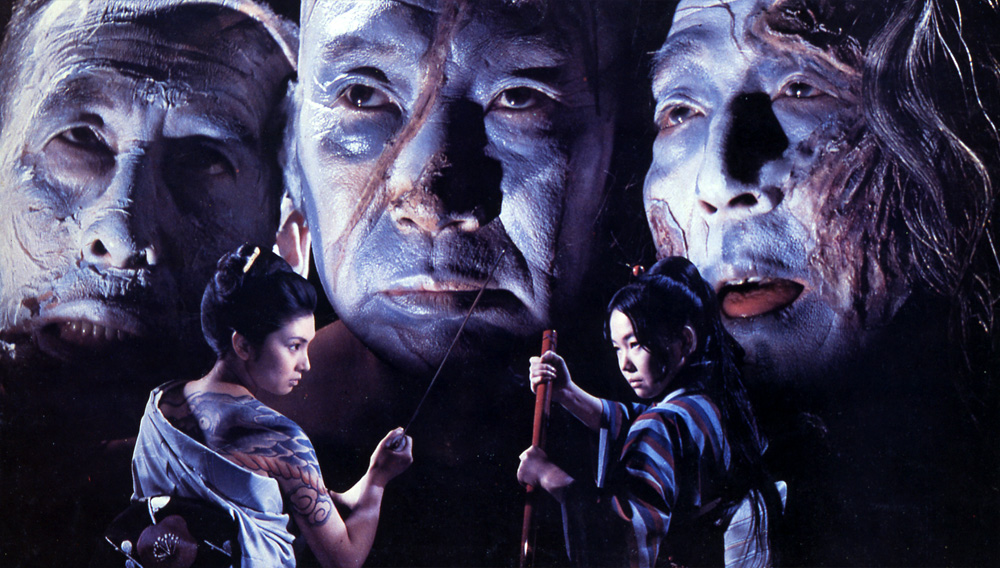François Ozon is one of the most recognizable French directors in the world. He is always working – after finishing one film, he starts work on another. When he finished Frantz, which had its international premiere at the Venice Film Festival in 2016, he immediately started work on Double Lover (L’amant double), which premiered at Cannes only a few months later. When we met in Paris during UniFrance we had agreed to talk about Double Lover only, but it’s impossible to focus on one film with a director like him. His films are like puzzles — they make a larger image when viewed together.
Artur Zaborski: I see similarities between your last films. In both Double Lover and Frantz, characters tend to mirror each other.
François Ozon: In Frantz, I built the story like a mirror between France and Germany. I wanted to play with some links between the two countries, the two characters, two stories. In Double Lover I wanted to be more literal, so I depicted twins who share everything, including a lover. I try always to be honest with the audience, but I like to play with viewers, too, and I think that audiences like to be manipulated, in a good way. I think, in the case of this film, it’s interesting how it sets us down the wrong path, and we have the feeling the story goes in a certain direction, but we realize it’s not a direction, it’s something else. And it forces us to change our point of view on the story, and I think it’s always important to give this opportunity to the audience: To change its opinion during the film and to have a new perspective on the story.
AZ: You’re playing games with the people who know your films well.
FO: People, who know my films very well will say, “Oh, we know what will happen.” But actually, it’s not exactly that. You change your opinion during the film many times. It’s important for me to give people who enjoy my films the feeling they know me, they know my style, and how I lead my stories. But in the end, they can see that I’m not repeating myself nor copying myself. I think Double Lover proves that.
AZ: Double Lover, like many of your films, is about our need for lies in our lives.
FO: My films tell something about our need for lies, but in a metaphorical way — lies like fiction. We need fiction to survive, to deal with death, to accept it. People have a need to believe in the stories. We need to believe in fiction when we go to the cinema. We know the story on the screen is fake, but still, we want to believe in it. My characters, like my viewers, prefer to live in fiction rather than reality.
AZ: Do you bring the audience a message with your films?
FO: I like the audience to think about today. About the lies of nationalism, about Brexit — that I didn’t believe would happen, but it happened, and many other things we see around the world. So I hoped the story could touch the audience. It would be a good opportunity to think about the situation of today, you know, you have to know the past and the present, but you also have to know yourself, know where you belong, know who you are, and who are the people around you. That is what Frantz and Double Lover are about.
AZ: Do you make your films intending them to comment on current events?
FO: I think there’s always a kind of logic when you decide to make a film at that moment. Sometimes it can be off with what’s going on in our current times. But artists are like sponges a bit, they live in their time and they observe everything around them, and in a way, they’re kind of like magic, you know, they are telling it back to the people… the idea of the film [Frantz] is to show that the suffering of the German people after the war was the same as the French. And it was quite challenging, you know, to tell the story from the point of view of the German. Usually, in French films about the First World War, it’s always about the French. For me, it was important to show that it’s the same thing: the parents are suffering the death of their children, like in France.
AZ: Changing gears, why was Under the Sand difficult?
FO: Because nobody believed in the script.
AZ: It’s a very good film.
FO: You never know. Everybody was surprised about Charlotte Rampling because she was totally out of all the castings at that time. And she was considered, like, an old actress actually, because it’s a film about a woman of fifty years old. The actor, Bruno Cremer was very famous in France for television, but they didn’t believe in the story… we made the editing and we wanted to present it to the financiers. But actually, nobody wanted to see it, so I was totally depressed. Finally, a Japanese company loved the star and so did the Italians, so they helped us. Because we didn’t have enough money, we shot in sixteen millimeters. In the end, the film was a huge success, it was the comeback of Charlotte Rampling.
AZ: Do you think the attitude towards casting older actresses is changing?
FO: Just after Under the Sand I made 8 Women with actresses above fifty years of age, and I could make it because of the success of Under the Sand. Now it’s changing. We see more films with mature actresses. But at that time it was quite difficult to make.
AZ: When watching Frantz and Double Lover, I wondered what the script meant to you. Do you change the script during shooting? Do you rehearse before shooting?
FO: I have no problem changing it if things are not good if the scene doesn’t work. For me the process of creation appears really during the shooting, you know, with the actors, their point of view — we search together. And I begin the editing during the shooting, so every night my editor sends me the scenes we have made before, so I see what works, what doesn’t work, and I’m always changing some small things, not all the film, but there are always some arrangements.
AZ: I’ve heard the actors of Double Lover often mention that they were surprised by how much freedom you gave them on the set.
FO: I think it was because they made some films before in which they were very controlled — very directed by the directors. I think that after you make a good cast, there is not so much work. You just have to find the right people. You don’t have to direct so much if you work with clever people, who are very emotional and understand the scenes. I didn’t have to tell my cast to change something.
AZ: After directing 8 Women you said, “Isabelle Huppert wants to know nothing except her place.”
FO: Isabelle is the director of herself! That’s why she’s had such a big career, I think. And that’s what I said when I think about her last performance.
AZ: Did you have a mentor or someone for guidance?
FO: Yes, when I was younger the discovery of new directors was very important. In fact, one of my teachers at university was Eric Rohmer. It was very important for me because his lessons about cinema were very surprising. You can imagine someone like Rohmer would be very intellectual, but actually, he was very concrete. His classes were about production, about money, where to buy the less expensive carpet in Paris, and so on. It was very surprising. He showed us a tennis match between Borg and Connors, and he explained: it’s a wide shot, it’s a close-up, etc. We watched all the matches during the lesson. It was funny.
AZ: What are you looking for in a plot, in a story for a film?
FO: It has to excite my imagination. If a week after I’m still thinking about it, it’s something that I have to deal with. I have to make something of that.
AZ: Do you read reviews of your films? And have you ever thought, “Oh, if only I could change that thing in the film?”
FO: I think that there is less and less space for critics. In a small paragraph, you have to say what you think about the film, so I don’t think the last critics I’ve read really helped me. But sometimes I get university work that’s been done on my films, and they give me some interesting pushback. I’m not someone who tends to regret once the job is done.

